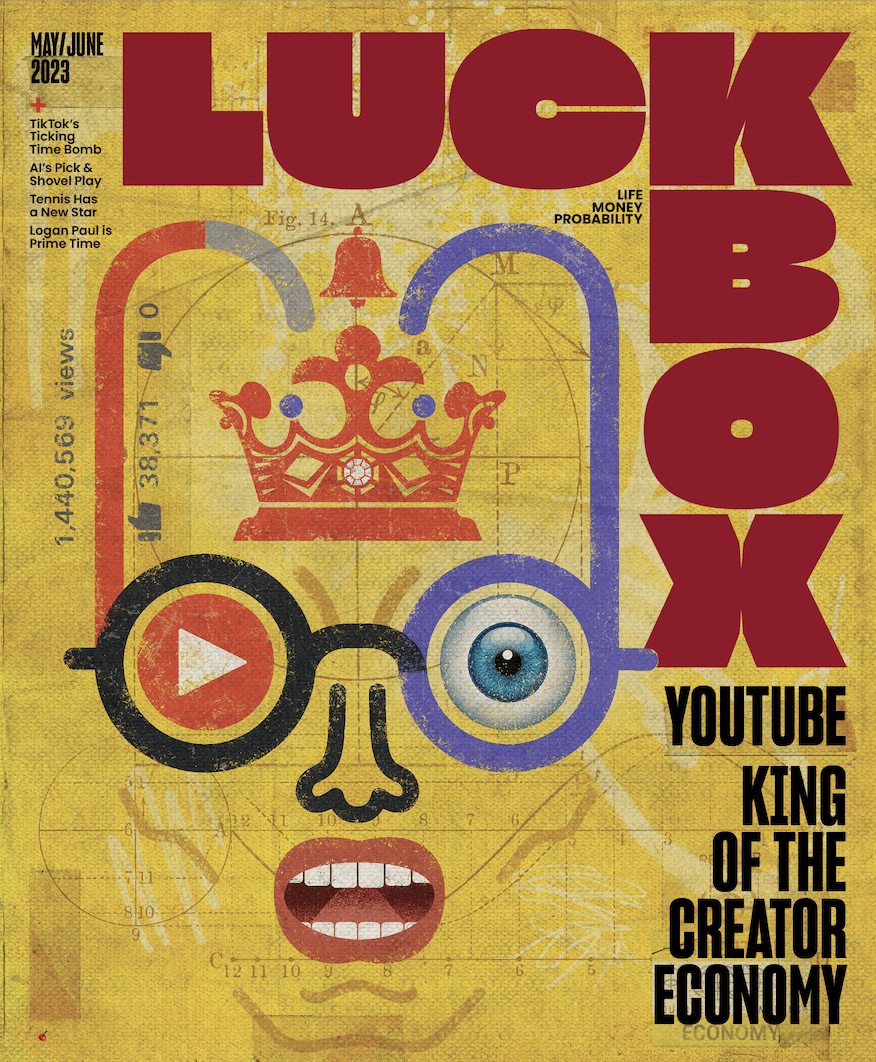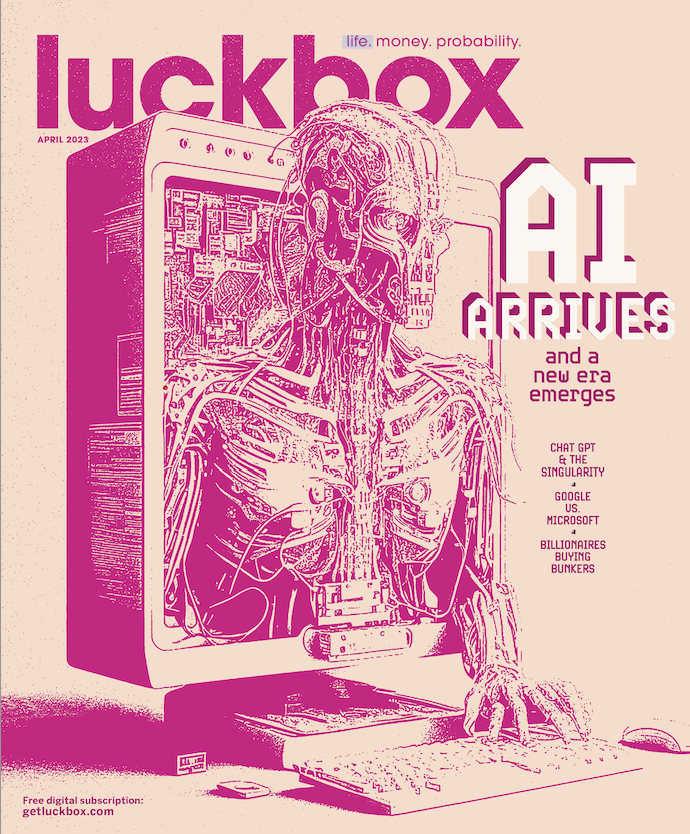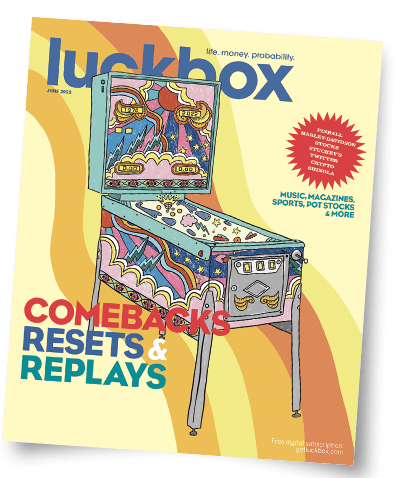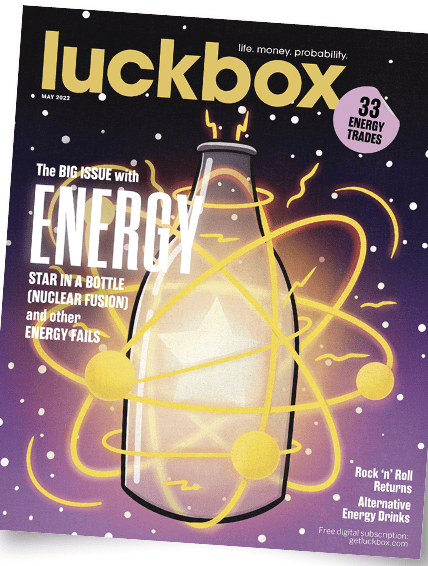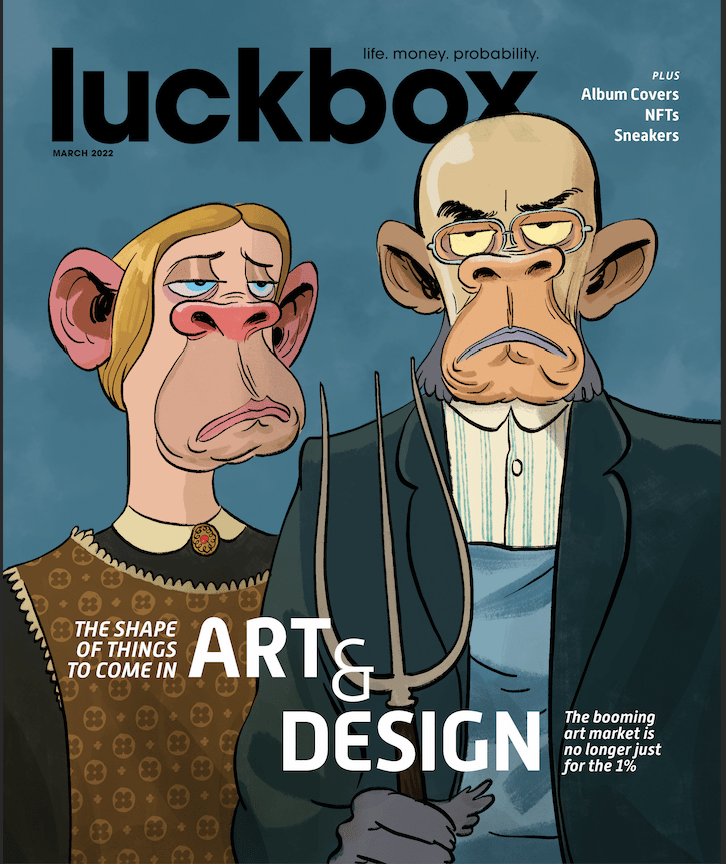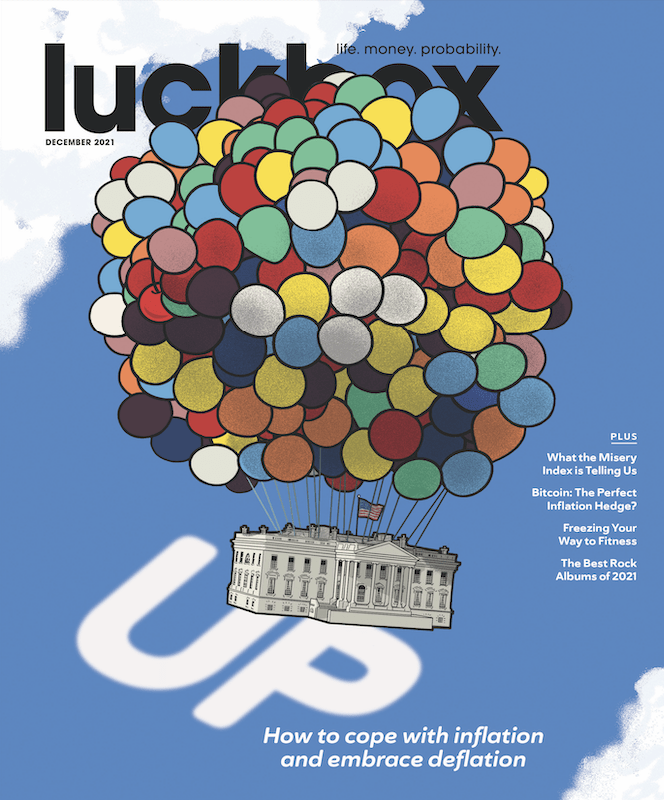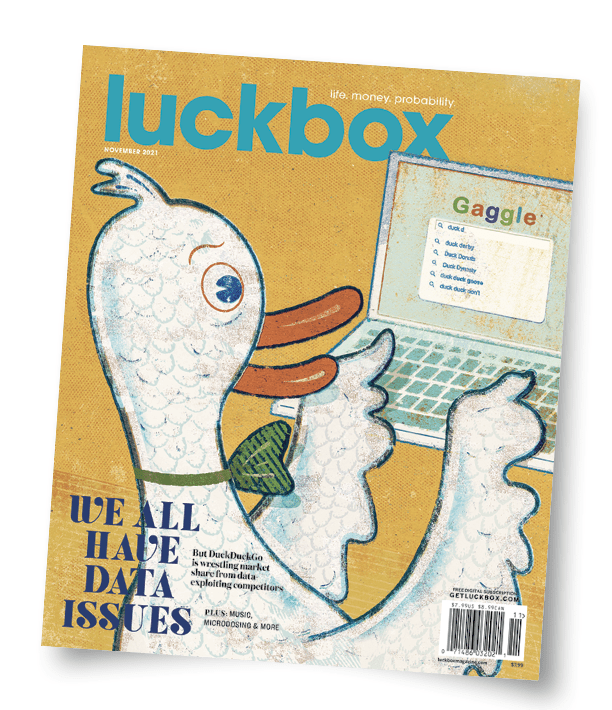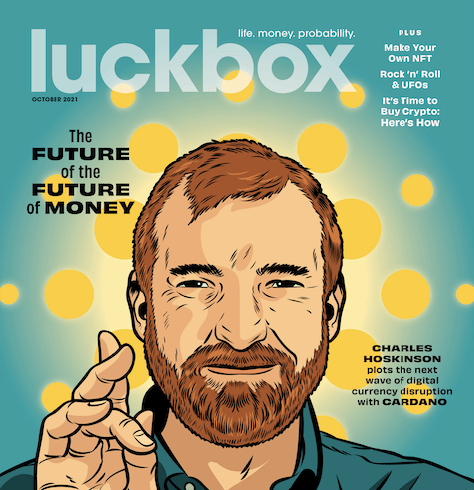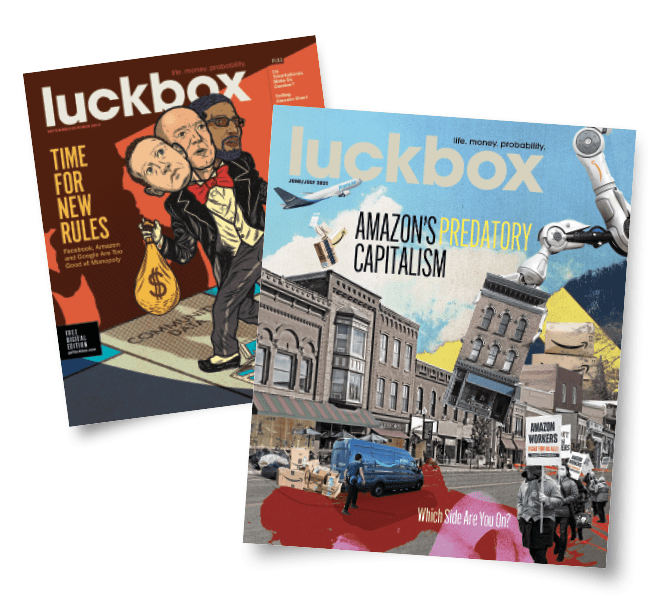Inevitable Evolution
Luckbox expects the march toward wider EV adoption will continue nearly unabated

The electric vehicle debate teeters between praise for groundbreaking innovation and wariness about perceived impracticality.
But Elon Musk’s audacious claim that the second-generation Tesla Roadster will streak from zero to 60 in less than a second shows the EV industry continues to push the boundaries of what’s technologically possible.
And if that’s not enough, Musk also promises a range of more than 620 miles on a single charge for the forthcoming Roadster. That would negate the “range anxiety” complaint—the most-frequent consumer objection to buying an EV.
Meanwhile, everyone from legacy carmakers like Ford to upstarts like Olympian are sharpening their strategies amid shifting consumer sentiment and volatile market dynamics.
Yet, beneath the surface of all this drama, attitudes toward EVs are undergoing a nuanced metamorphosis. For many, it no longer seems certain that battery-powered vehicles will someday dominate the world’s streets and roads. Confidence is wavering.
It didn’t help when the consulting company J.D. Power found 21% of public chargers are malfunctioning. Hearing that, you could almost feel the gap widen between EVs and mainstream acceptance.
Plus, Consumer Reports found repair problems occur more often with EVs than with hybrids or internal-combustion cars. That didn’t do much to spur confidence in the electric transformation.
Now we find Hertz is rethinking its commitment to an all-EV fleet of rental cars. States already grappling with fiscal deficits are having second thoughts about subsidizing EV purchases.
Ford is throttling back on EV investment in favor of hybrids, reflecting the realization that hybrids are gaining traction over pure EVs. The public apparently values practicality over innovation for innovation’s sake.
So, it seems EV euphoria is subsiding.
But despite the challenges, companies like BYD are cranking out multitudes of EVs. The China-based manufacturer even outsold Tesla to become the world’s biggest maker of EVs for the first time ever in the fourth quarter of last year. We have to mention, however, that Tesla still led for the year after falling behind in the final quarter.
So, it’s complicated. The industry’s false starts and stutters are well-documented in this issue of Luckbox, but so are the advances, particularly in battery technology. Toyota, for example, says it’s developing a battery that charges quickly and has unheard of range.
The competitive push—both from established automotive players and new entrants—ensures a vibrant marketplace, teeming with options for consumers. Competition will inevitably drive down costs, bringing EVs within the grasp of a broader audience.
Plus, the environmental imperatives driving the shift toward cleaner transportation will continue to bolster governmental and consumer support for electric vehicles.
Luckbox expects the march toward wider EV adoption—albeit peppered with lessons from its formative years, as well as future missteps—will continue nearly unabated, eventually transforming our very notion of mobility and rewarding savvy investors.
Despite the challenges shadowing the electric vehicle market, the technology will not only improve but also become more affordable. It will help shape a sustainable new automotive landscape.
As traders, investors and financial market forecasters, our experiences remind us that the convergence of innovation, government subsidies, lower costs and consumer satisfaction invariably creates an unstoppable force and a predictable outcome.

Two ways to send comments, criticisms and suggestions to Luckbox.
Email: feedback@luckboxmagazine.com
Visit: luckboxmagazine.com/survey. A new survey every issue.
The Spring 2024 issue of Luckbox will be live on April 2.






